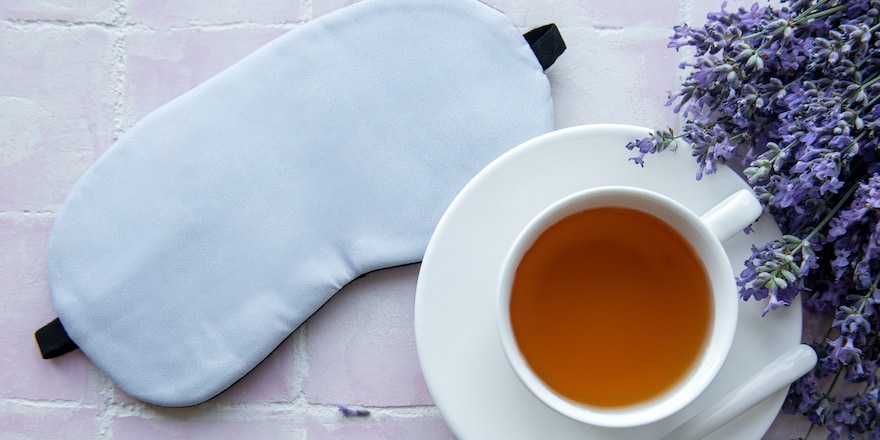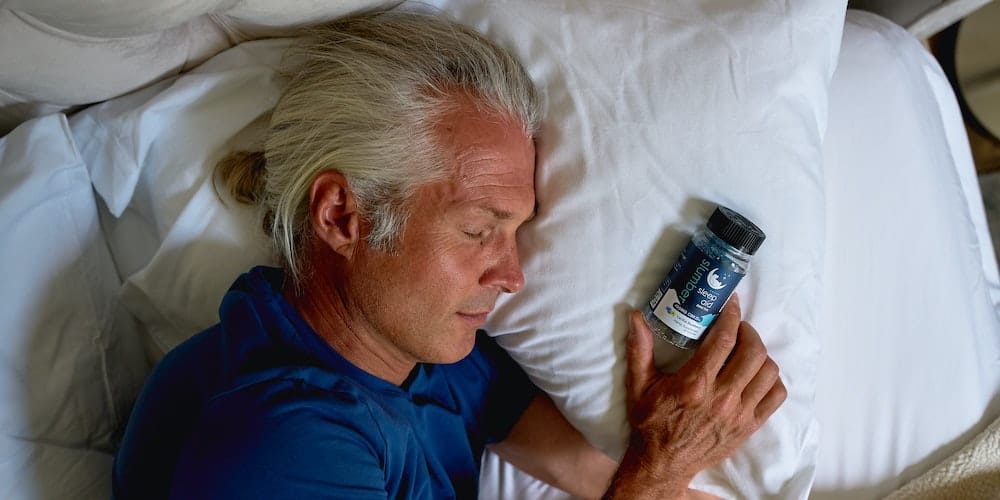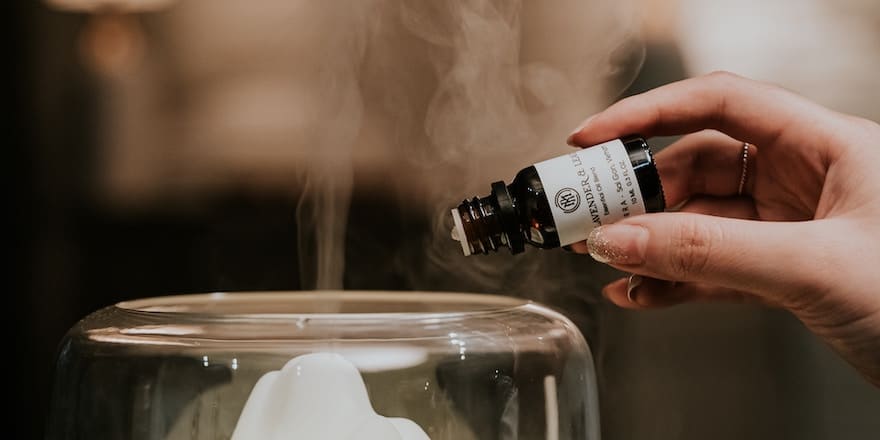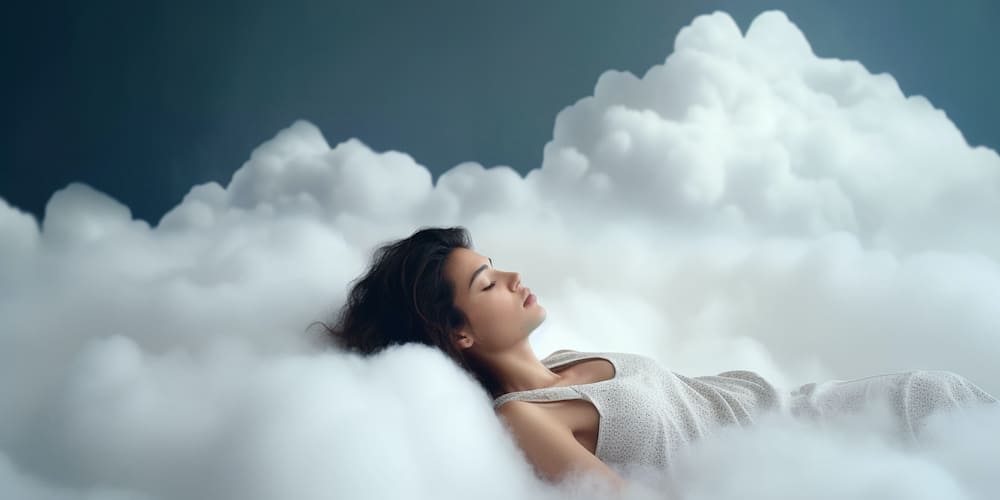I sometimes have trouble sleeping, and I don’t think I’m the only one in this situation! Indeed, many people experience difficulties finding restorative sleep.
Circadian rhythm disorders, which can result in insomnia or non-restorative sleep, are more common than you might think. In fact, according to this study, they are the second leading cause of mental disorders worldwide.
Natural sleep aids, gentle on the body and non-addictive, are an excellent starting point for a peaceful night’s sleep. They may promote balance and serenity of the body and mind without resorting to medication.
I invite you to discover or rediscover three types of natural sleep aids tested and approved.
1. Relaxing herbal teas

“Calm Night”, “Restorative Sleep”, “Peaceful Night”… The labels abound on packages of nighttime herbal teas.
Check for the presence of plants like chamomile, linden, valerian, or passionflower, known for their relaxing effects, as shown by this study.
I also found this study, which specifically looked at the therapeutic effects of chamomile on insomnia and sleep quality.
In this study, lavender was used to reduce anxiety in people awaiting chemotherapy, and the results were very positive. By reducing anxiety and stress, it’s then easier to fall asleep.
I recommend steeping them in hot water and consuming them before bedtime to promote a relaxed state conducive to sleep.
2. Melatonin

Our bodies naturally produce this hormone. It regulates the sleep cycle and its production is influenced by daylight. Thus, it decreases in the morning and increases in the evening.
Sometimes some people have a melatonin deficiency that causes sleep disorders.
It is found as a dietary supplement. The melatonin used is often synthesized in a laboratory.
Although there are also forms of melatonin derived from animal sources, the majority of products are synthetic to ensure the purity and safety of the supplement.
To choose your melatonin wisely, read the labels and opt for supplements without additives. Some are immediate-release, perfect for falling asleep right away, while others have a delayed onset and extended release.
Non-habit-forming, melatonin supplements help regulate your biological clock. A good aid for people with jet lag or those working night shifts, for example as shown by this study.
Good to know: melatonin secretion declines with age, according to this study.
Read also | A pharmacist selected the 3 best melatonin supplements on the market
3. Essential oils

The leaves of lavender, bergamot, Roman chamomile, or orange blossom have relaxing properties particularly effective as essential oils.
I recommend putting a few drops of essential oil on your pillow. Or diffusing some in your room to create a calming atmosphere, making it easier to fall asleep.
If you don’t want to soak your bedding, a few drops on a cotton pad placed on your bedside table will do the trick too!
My tips for sleeping well: establish bedtime rituals
Sleep rituals are very important because they help prepare the brain for the next time you fall asleep. Here are some habits to adopt alongside natural sleep aids to optimize your sleep.
- Turn off your screens —phone, computer, and TV—at least 2 hours before bedtime, as they disrupt melatonin production and stimulate the retina
- Take a cool shower because lowering your body’s temperature helps you fall asleep
- Dim the lights in your bedroom
- Do relaxation exercises: yoga, breathing exercises…
- Repeat the same ritual every night before going to bed so that your body and mind relax and understand that it’s time to sleep.
Are you experiencing significant sleep problems? Are they impacting your daily life? Talk to your doctor who can guide you toward appropriate treatments based on your specific issue.
Read also | The 8 foods that help you sleep better



